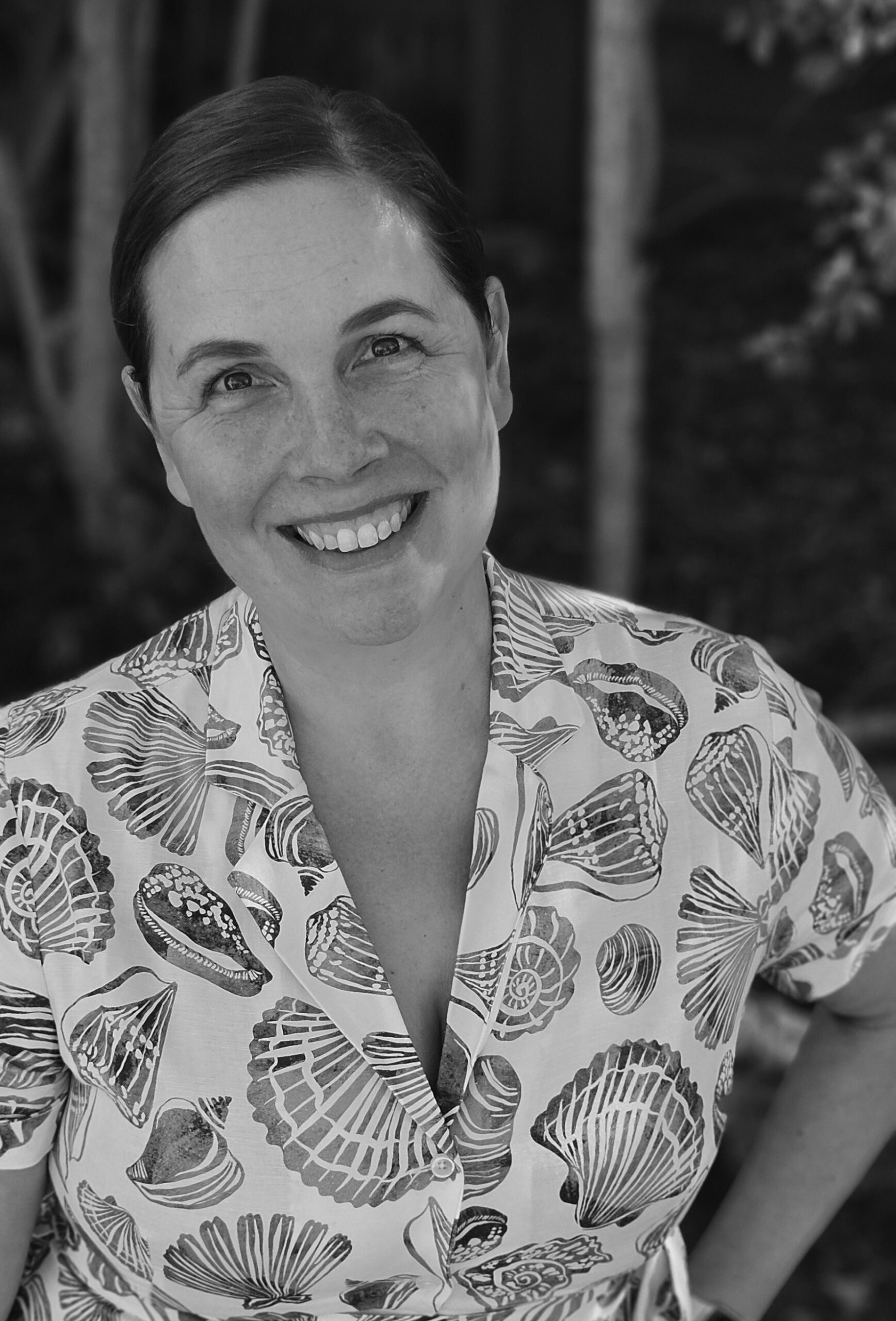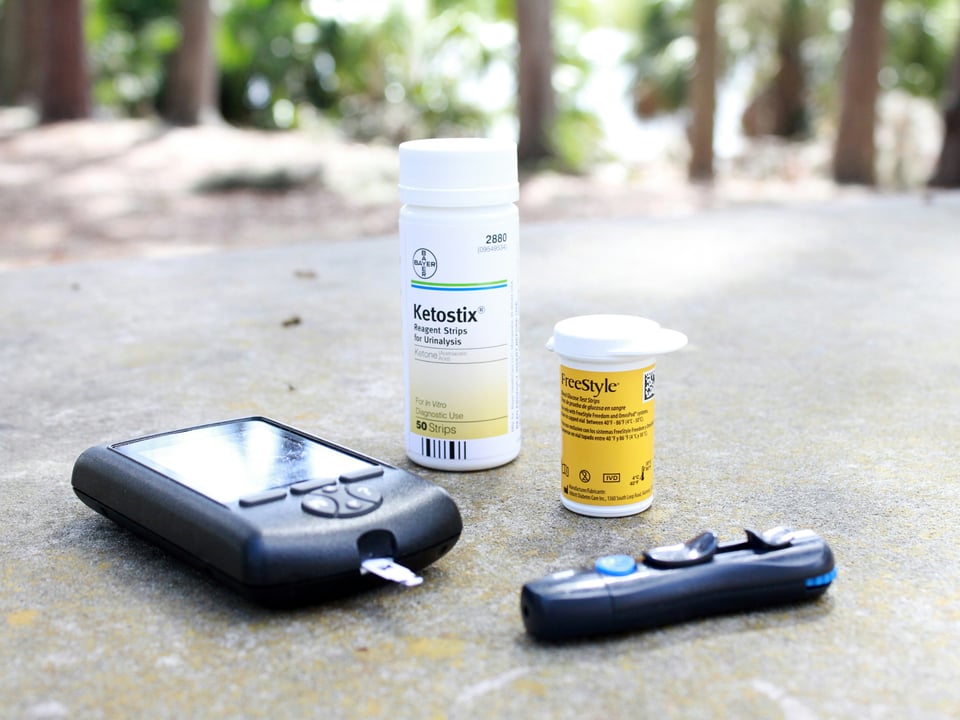
Hearing Aid Technology
January 21, 2025
What Is an Audiologist?
February 12, 2025
As an audiologist who works closely with families, schools, and other health professionals, one of the most common concerns I hear is: “My child can hear fine, but they still don’t seem to understand what I’m saying.” Or from a teacher: “He’s bright, but he never seems to follow instructions.”
In many cases, this isn’t about a hearing loss—it’s about how the brain processes sound. This is what we call Auditory Processing Disorder (APD). It’s a condition that can be incredibly frustrating for children, parents, teachers and clinicians alike. But the good news is: once we identify it, we can support it.
At The Audiology Place in Forestville, I offer in-depth testing and support for auditory processing disorder in children, and I regularly work alongside GPs, speech pathologists, psychologists, and educators to get to the heart of what’s going on and build a clear, individualised care plan.
What is APD?
Auditory Processing Disorder refers to a breakdown in the way the brain processes sound. It’s not a problem with hearing—most children with APD pass standard hearing tests with flying colours. But what they struggle with is decoding, filtering, remembering, or interpreting what they hear, especially in noisy or fast-paced environments like classrooms.
Put, the ears hear the sound, but the brain scrambles the message.
Signs to Watch For
APD can look different from one child to the next. It’s often confused with ADHD, language disorders, or behavioural challenges. Some signs that should prompt further investigation:
- Difficulty following spoken instructions, especially multi-step ones
- Seeming to “tune out” or needing things repeated often
- Poor attention, especially in noisy places
- Trouble remembering verbal directions
- Mishearing words or confusing similar sounds
- Frustration with group conversations or background noise
- Challenges with reading or spelling
- Falling behind in class despite seeming bright and verbal
If a child constantly asks “what?”, zones out during verbal lessons, or seems forgetful or distracted despite being attentive in quieter one-on-one situations, APD should be considered.
How GPs, Teachers, and Allied Health Can Help
Because APD symptoms often overlap with other developmental or behavioural issues, collaboration is key. I always encourage GPs, paediatricians, and allied health professionals to refer for a full auditory processing evaluation when:
- A child shows age-appropriate speech and language skills but struggles to follow verbal instructions
- There is a history of frequent ear infections, glue ear, or speech delay, even if hearing has normalised
- ADHD or learning disorders are being explored, but auditory issues persist
- A child has seen a speech pathologist but plateaus with receptive language
Teachers, too, are often the first to spot issues. If you have a student who “switches off” in noisy environments, who mishears what’s said, or struggles with oral instructions but thrives when information is written or visual—please flag this. Early identification makes a difference.
What We Do at The Audiology Place
I offer comprehensive APD testing in Sydney for school-aged children (typically age 7 and up). Testing is done in a child-friendly environment and includes:
Full Case History & Medical Review
We begin with an in-depth conversation. I want to understand the child’s hearing history, academic performance, language development, and behavioural observations. I often contact the referring teacher, GP or therapist for their insight.
Comprehensive Hearing Test
Before testing auditory processing, I always check for any hearing loss, middle ear issues, or sound sensitivity problems. We use tympanometry, Otoacoustic Emissions (OAEs) and high-frequency audiometry as part of this baseline.
Auditory Processing Assessment
We then assess a range of processing abilities, such as:
- Dichotic listening – how the brain processes different sounds in each ear
- Speech-in-noise testing – essential for classroom environments
- Auditory closure and decoding – recognising distorted or incomplete sounds
- Auditory memory and sequencing – can they hold and repeat back information?
- Binaural integration and separation – how well both ears work together
This battery gives us a profile of how the child’s brain is processing auditory input, and where things may be breaking down.
What Happens After a Diagnosis?
If a child meets the criteria for APD, we provide a detailed report and a customised intervention plan. Importantly, this plan is not “one-size-fits-all”—it depends on the specific subtypes of processing difficulty.
Strategies for Parents and Teachers
We share evidence-based classroom strategies and home supports, including:
- Preferential seating close to the teacher
- Clear, slow, and repeated instructions
- Visual aids, routines, and checklists
- Giving instructions one step at a time
- Confirming understanding (e.g., “Tell me what you heard.”)
- Noise-reducing headphones for study
I’m also happy to speak directly with schools to help implement supports.
Assistive Technology
Some children benefit from Remote Microphone Systems (RMS) or classroom FM systems, where the teacher’s voice is transmitted directly to the child. These are becoming more common and can significantly improve learning outcomes.
Auditory Training
We may recommend home-based auditory training programs, such as Sound Storm, LiSN & Learn, or clinician-guided listening therapy. These exercises strengthen the brain’s ability to decode and organise sounds.
Collaborative Care
Children with APD often benefit from working with a speech pathologist, occupational therapist, or psychologist, depending on their profile. We share our results with your broader care team and help coordinate a holistic approach.
Why Early Identification Matters
Children don’t “grow out of” APD, but they can learn to manage it with the right strategies. Left unsupported, APD can contribute to learning delays, social difficulties, and low self-esteem. But with the correct diagnosis and plan, I’ve seen so many children thrive.
Sometimes, just knowing what’s going on brings relief for families who have felt stuck in a cycle of uncertainty or mislabelled behaviour.
Why Choose The Audiology Place for APD Testing in Sydney?
As a Doctor of Audiology, I bring nearly 20 years of experience in paediatric hearing care, including advanced training in complex auditory processing assessments. At The Audiology Place, we take our time—every appointment is thorough, child-friendly, and tailored to your situation.
We are proudly independent, so we are not tied to any one device or provider. We’re here to find the right path forward—whatever that may be.
Our clinic in Forestville offers a quiet, sound-treated space for accurate testing and a calm environment for kids who may already be feeling anxious or overwhelmed.






